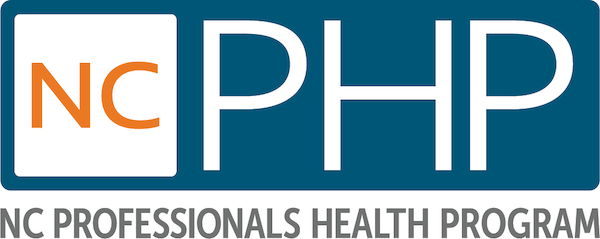Most of us feel depressed, sad, or down from time-to-time. Feeling depressed is very different than suffering from clinical depression. Clinical depression is an illness that impacts our quality of life, impairs our ability to accomplish even the simplest tasks, and requires treatment.
While the symptoms of clinical depression vary in severity and duration, they may include any or all of the following:
- Sleep disturbances, either insomnia or sleeping too much
- Feeling worthless, empty or incomplete
- Loss of interest or pleasure in normal activities that were previously enjoyable
- Fatigue and lack of energy
- Procrastination or inability to complete even the smallest tasks
- Changes in appetite (resulting in weight loss/gain)
- Anxiety, agitation, irritability or restlessness
- Inability to think clearly, poor concentration, struggling to make decisions and to remember things
- Unexplained physical problems, such as back pain or headaches.
It may be difficult to ask for help, but depression will likely get worse if left untreated.
Depression intertwined with anxiety
Depression can also be tightly intertwined with anxiety and substance use, making it more difficult to identify and treat. When it comes to substance use, for some of us it begins with anxiety, and we turn to substances initially to calm that anxiety. That self-medicating can then morph into a substance use disorder.
For others, use of substances brings on anxiety, which creates a vicious cycle that increases both conditions. As for depression, continual stress that leads to anxiety can also lead to depression. In fact, 50% of people with depression are also suffering from an anxiety disorder1.
What is anxiety?
An anxiety disorder is marked by excessive, intrusive, unrelenting worry and fear that dominates our thoughts and perceptions about what is happening or what could happen. It can be overwhelming and debilitating.
Anxiety often co-occurs and is exacerbated by depression and substance abuse. Fifty percent of people diagnosed with depression are also diagnosed with an anxiety disorder with many overlapping symptoms.2 A substance use disorder is diagnosed in 20% of people with anxiety. Alcohol use is very common among people who have Social Anxiety Disorder (SAD). People misreport that it lessens their social anxiety, but really, it makes SAD worse and typically causes individuals to develop a dependency on alcohol.3
Symptoms of anxiety
- Constant worrying
- Having a sense of panic, impending danger or doom
- Uncontrollable, excessive thoughts, often repetitive or fixated on a single trigger
- Feeling powerless
- Unrealistic view of, or overreaction to, events (magnifying/catastrophizing)
- Inability to tolerate uncertainty
- Difficulty concentrating, poor memory, physical symptoms – heart palpitations, shortness of breath, physical weakness, muscle tension and/or trembling
- Sleep disturbances, usually an inability to fall asleep or stay asleep.
There are a variety of effective treatments available to alleviate and/or manage symptoms of depression and anxiety. The earlier we seek treatment, the better the outcome.
If you or someone you know may be suffering from depression or anxiety, please contact us today.

